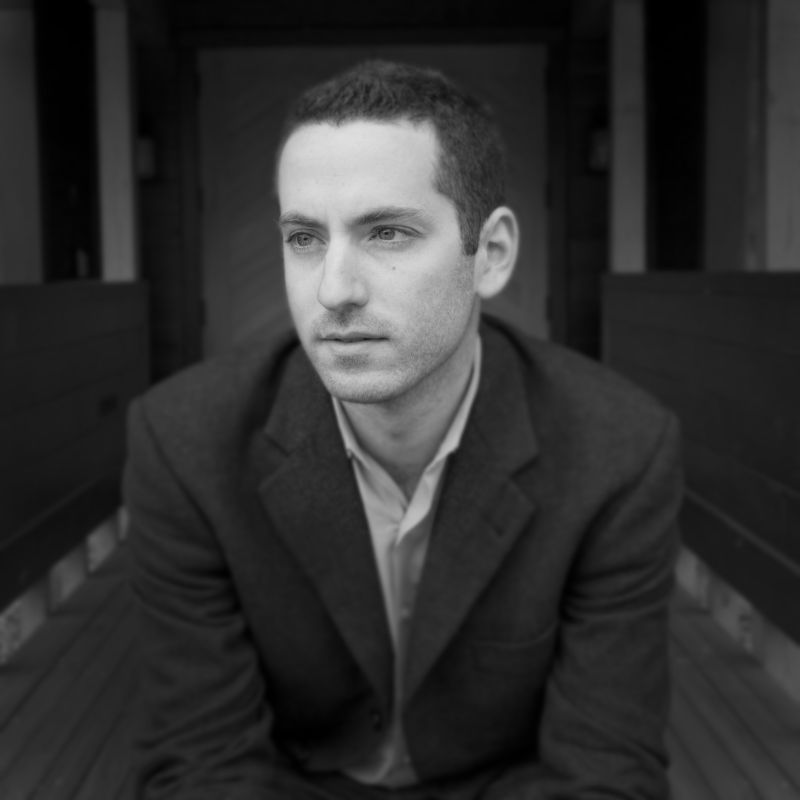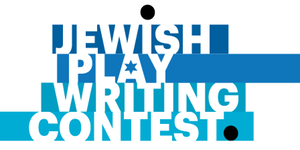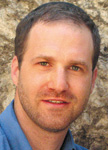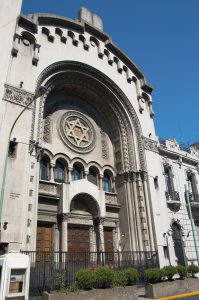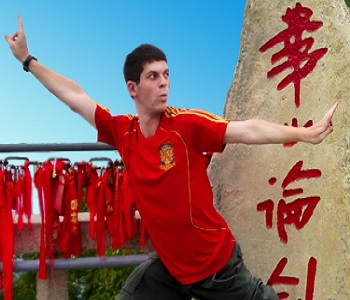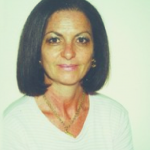 Renowned art historian, Dr. Pnina Rosenberg from The Technion (Israel Institute of Technology), will present two upcoming lectures this September sponsored by UConn Global Affairs, UConn’s Center for Judaic Studies and Contemporary Jewish Life, the Thomas J. Dodd Research Center, the Department of Art and Art History, the University of Hartford’s Maurice Greenberg Center for Judaic Studies, and Voices of Hope.
Renowned art historian, Dr. Pnina Rosenberg from The Technion (Israel Institute of Technology), will present two upcoming lectures this September sponsored by UConn Global Affairs, UConn’s Center for Judaic Studies and Contemporary Jewish Life, the Thomas J. Dodd Research Center, the Department of Art and Art History, the University of Hartford’s Maurice Greenberg Center for Judaic Studies, and Voices of Hope.
On September 21, from 7:00-9:00pm, Dr. Rosenberg will present “A Long Day’s Journey into the Dark Past: Artists-Survivors Facing Their Holocaust Memories” at the University of Hartford’s Mortensen Library in the President’s Classroom, 1st floor.
Dr. Rosenberg will also be presenting “Reshaping Haunted Nuremberg: From the City of Nazi Party Rallies to the Street of Human Rights” on September 22 at 5:00pm in the Thomas J. Dodd Research Center’s Konover Auditorium. Dr. Rosenberg’s lecture will provide insights about the transformation of the city of Nuremberg, which held special significance in Nazi Germany as the site of monumental Nazi Party rallies. A set of laws, known as the “Nuremberg Laws” after the place where they were passed at a Nazi Party convention in 1935, became the legal foundation for the persecution of so-called “non-Aryans” and paved the way for the Holocaust. After Germany’s defeat in 1945, major German political and military functionaries and leaders of the Nazi Party were tried in Nuremberg in several international tribunals collectively known as the Nuremberg Trials.
In responding to this history, today’s Nuremberg has transformed many of these locations into educational and memorial sites with the intention of promoting human rights culture. Every other year, the city of Nuremberg bestows “The Nuremberg International Human Rights Award” upon a worthy organization working in the field of human rights. In 2000, Nuremberg was the first municipality world-wide to receive the UNESCO Award for Human Rights Education.
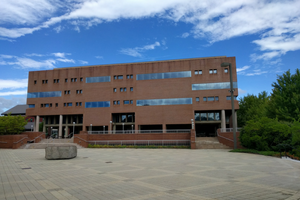 In an era of shrinking library acquisitions budgets, the Center is pleased to announce that the funds in a number of our specifically designated book endowments are available for the purchase of materials for the UConn library in order to make them available for the teaching and research of Judaic Studies.
In an era of shrinking library acquisitions budgets, the Center is pleased to announce that the funds in a number of our specifically designated book endowments are available for the purchase of materials for the UConn library in order to make them available for the teaching and research of Judaic Studies. 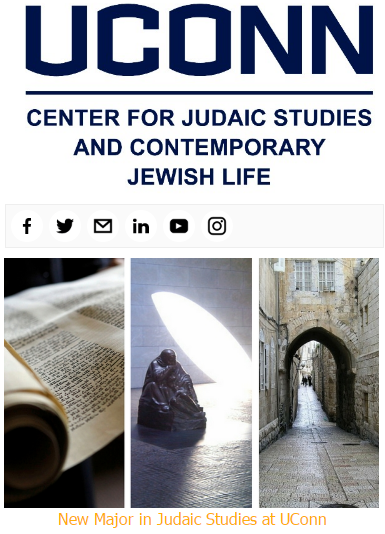
 Renowned art historian, Dr. Pnina Rosenberg from The Technion (Israel Institute of Technology), will present two upcoming lectures this September sponsored by UConn Global Affairs, UConn’s Center for Judaic Studies and Contemporary Jewish Life, the Thomas J. Dodd Research Center, the Department of Art and Art History, the University of Hartford’s Maurice Greenberg Center for Judaic Studies, and Voices of Hope.
Renowned art historian, Dr. Pnina Rosenberg from The Technion (Israel Institute of Technology), will present two upcoming lectures this September sponsored by UConn Global Affairs, UConn’s Center for Judaic Studies and Contemporary Jewish Life, the Thomas J. Dodd Research Center, the Department of Art and Art History, the University of Hartford’s Maurice Greenberg Center for Judaic Studies, and Voices of Hope. 